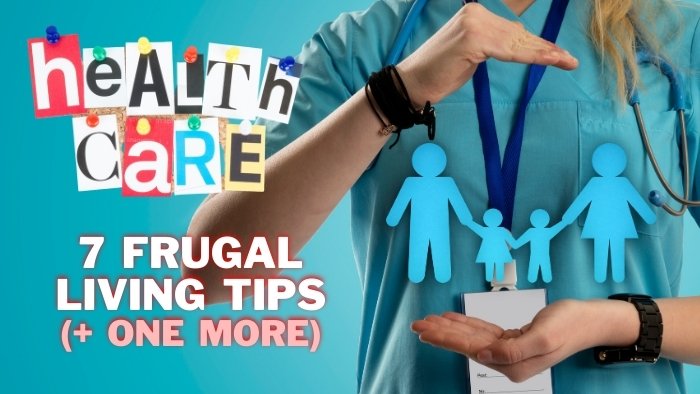
Has there been a more politically divisive time in American history? Well, there was the Civil War. But otherwise, things are pretty grim in the world of Democrats vs. Republicans. So when we speculate about whether the insurance situation can improve under a Hillary Clinton presidency, we have to consider her friction with a Republican Congress.
Clinton’s been in the national arena for more than 25 years now. One of her main talking points has been on affordable healthcare. She’ll do everything in her power not to sign a bill repealing Obamacare. On the other hand, a Republican Congress won’t do anything to support or expand it. And this stalemate could lead to bad consequences for insurers, healthcare providers and the public.
Diminishing Choice
It’s hard to believe that the Affordable Care Act’s goal to expand access to healthcare could result in fewer choices. Most major insurers have pulled Preferred Provider Organization (PPO) plans. In some parts of Texas, such as Houston, no PPO plans are available on the exchange. Aetna decided to cut its losses after millions of dollars drained away for a sick customer base. Humana is dropping individual plans in eight states next year.
Blue Cross Blue Shield cut 367,000 Texas PPO customers loose in 2015 after withdrawing that option from the state exchange. Instead, Blue Cross customers will have access to Health Maintenance Organizations (HMO) consisting of health providers who agree to lower their rates in exchange for steady business. Customers must stay within this more restrictive network if they want their expenses covered.
In 2015, at least 50 counties in Texas had only one insurer offering an individual market plan. And that number will grow in 2017.
Insurers Are Losing Money
Thirteen or fourteen carriers – depending on whether or not Cigna withdraws – are planning to sell on the Texas exchange in 2017. But they’re hiking the rates. Here are a few of the proposed rate hikes, as reported on healthinsurance.org:
- Allegian: 27.48 percent
- AmBetter (Celtic): 15.51 percent
- Blue Cross Blue Shield of Texas: 58.4 percent
- CHRISTUS Health: 17 percent to 30 percent
- Cigna: 23.5 percent (but possibly exiting the exchange)
- Community First: 7.5 percent to 8.7 percent
- Community Health Choice: 6.91 percent
- FirstCare (SHA): 29.13 percent
- Humana: 45.35 percent
- IdealCare (Sendero): 19.68 percent
- Insurance Company of Scott & White: 19.62 percent
- Molina: 9.6 percent
- Oscar: 11.7 percent to 22.3 percent (coverage area is being reduced; plans will not be available in the Dallas area in 2017)
- Prominence Health First: 31.85 percent
Blue Cross Blue Shield of Texas is the only carrier to offer plans in all 254 Texan counties. Its bid to increase three of its plans between 57.33 and 59.35 percent sounds greedy, until you learn that the company claims to have lost $592 million in 2015 and $416 million in 2014.
Multi-payer vs Single payer system
Many Americans, including Trump are confused about Clinton’s intentions for nationalizing healthcare. 
Back in 1994, she predicted that by the year 2000 the populist ideal of a single-payer system would sweep the nation. But she was younger and perhaps more idealistic then. This year she told Iowa voters that the sort of Medicare-for-all model pushed by rival Bernie Sanders will never come to pass. Many reporters have also pointed out that between 1994 and 2016 Clinton received approximately $15 million in political contributions and speaking fees from the healthcare industry.
So what does she really intend to do now? Like all elections, you never know a politician’s true intentions until after the votes are counted. And even then, they can’t enact their plans and projects without plenty of help.
Clinton Can’t Do It Alone
The Texas Hospital Association is all too familiar with divisive politics around healthcare. As Lance Lunsford, the THA’s vice president of strategic communications told the Dallas Morning News, “We’ve lost the ability to have a rational conversation around how the industry works. Too many policymakers in the state run on an ‘anything but Obamacare’ platform.”
So where does this leave Clinton? Even if the health of each individual American truly is her top priority, she can’t improve the healthcare system alone.
However, if Clinton gets more Democratic support in Congress post-election, she may expand the ACA and switch more people’s status from uninsured to insured. This would give the insurance companies more customers, albeit probably sicker ones.
Assuming that Clinton gets more support and is sincere in her intentions, here are a few of her recently stated healthcare dreams.
- Improve people’s access to pharmaceuticals by easing import restrictions, reducing FDA approval backlog and negotiating down prices
- Increase oversight on pharmaceutical pricing
- Provide three-year matching funds to states which embrace Medicaid expansion
- Require plans to allow up to three doctor’s visits per year pre-deductible
- Favor bundles over fee-for-service healthcare
- Provide tax credits for families with health expenses equaling more than 5 percent of their income
- Help states block premium increases
- Cap monthly out-of-pocket prescription drug expenses at $250 for patients with chronic conditions
At press time, we don’t have the election results, and we don’t know what will happen with healthcare costs under the new regime. Best case scenario: More people will be insured at a fair price that also fosters business. Worst case: All the healthy people leave the marketplace, causing sick folks to drive up rates and further devastate health insurance.
At least the Civil War is over.




